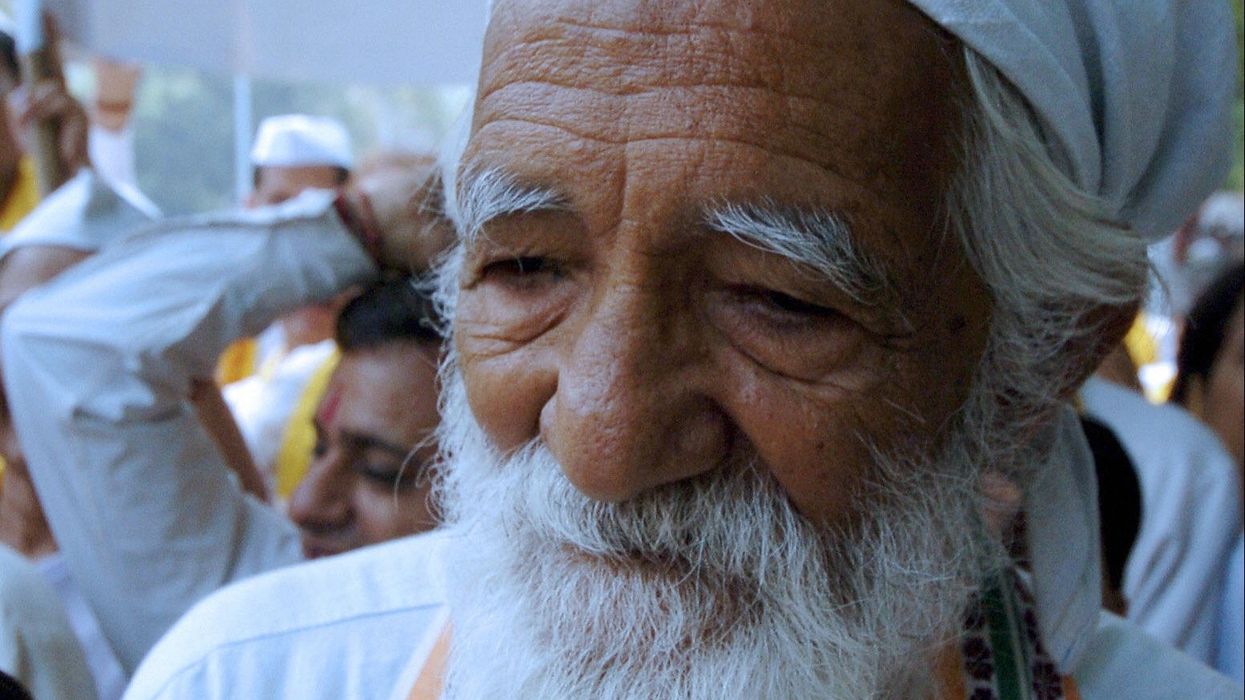INDIA’S noted environmentalist and pioneer of the Chipko Movement against deforestation in the 1970s, Sundarlal Bahuguna died of Covid-19 in Uttarakhand this afternoon.
He was 94 years old.
Bahuguna is known to the world as the man who taught Indians to hug trees to protect the environment. In Hindi, chipko literally means "hugging".
All India Institute of Medical Sciences (AIIMS) Rishikesh, where he was admitted for Covid treatment declared his death today.
Bahuguna was admitted to the hospital on May 8 after testing positive for Covid, and his condition turned critical Thursday night.
Prime Minister Narendra Modi condoled his death saying the late environmentalist manifested "our centuries old ethos of living in harmony with nature."
Uttarakhand Chief Minister Tirath Singh Rawat also expressed grief on his death.
Bahuguna was a long-time follower of Gandhian principles, and transformed the Chipko Movement into a turning point in India's forest conservation efforts.
During the 1970s, when reckless cutting of trees began affecting people's livelihoods, villagers in Uttarakhand's Chamoli started protest. In January 1974, government announced auction of 2,500 trees, overlooking the Alakananda river.
Following calls by Bahuguna and fellow activist Chandi Prasad Bhatt, men and women in the Indian Himalayas embraced and tied themselves to trees to stop cutting. This gesture became a powerful symbol that conveyed, 'Our bodies before our trees'.
Women became an integral part of this movement, and it drew world's attention towards the devastation caused by the environmental crisis in the region.
The movement yielded results, and in 1981 Indian government imposed a 15-year ban on commercial felling of trees in Uttarakahand.
Later in life, using Gandhian methods like satyagraha and hunger strikes Bahuguna conducted protests against building of the Tehri dam in Uttarakhand.




